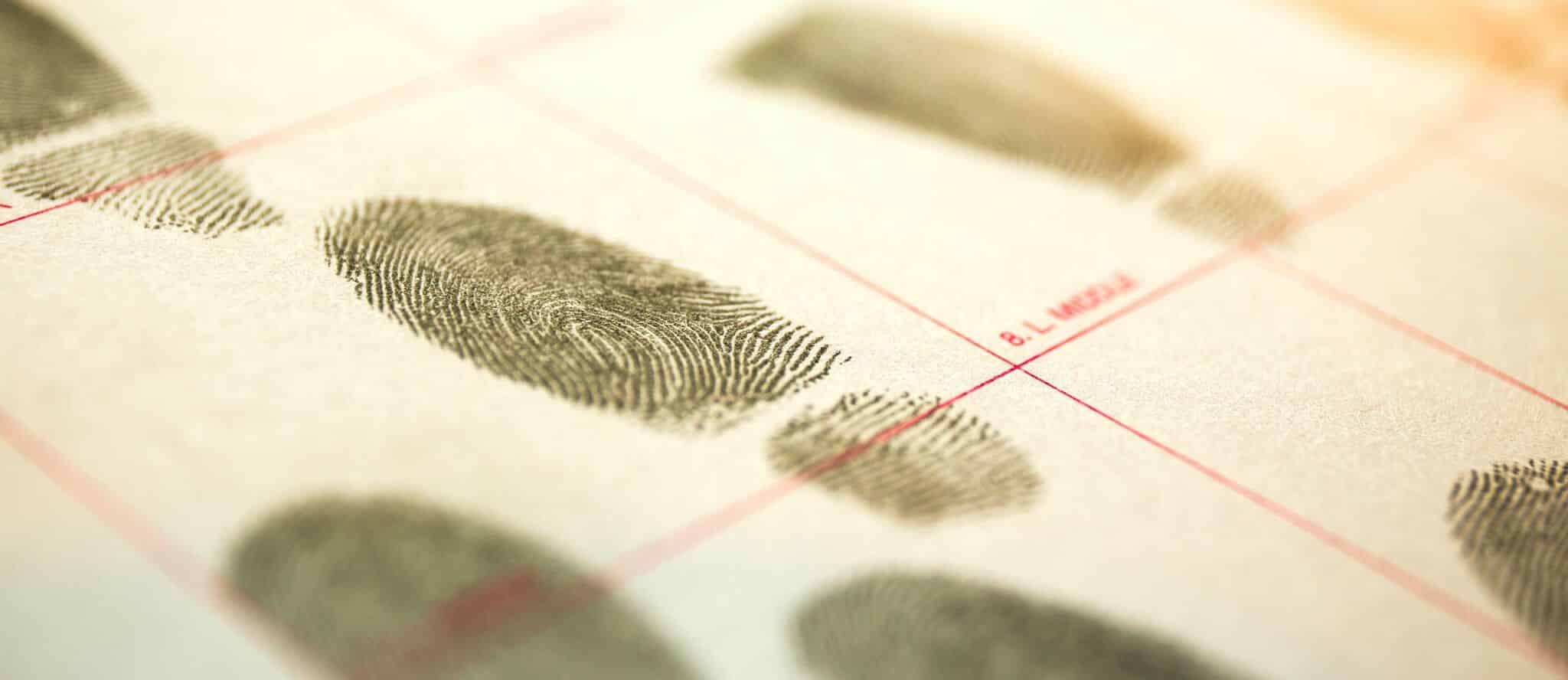
The Master’s Degree in Forensic Neuropsychology and Clinical Criminology trains participants in the various fields of forensic psychology and criminology. In particular, it develops specific skills and competencies related to:
● the ability to integrate knowledge and apply it in forensic or criminological contexts;
● drafting technical consultancy reports and expert opinions;
● providing assistance and consultancy to legal professionals.
The Master’s Degree in Forensic Neuropsychology and Clinical Criminology provides training in the following areas:
● elements of civil and criminal law and procedure;
● juvenile and family law;
● psychology of judicial reasoning and judgment rules;
● legal epistemology;
● forensic psychopathology;
● forensic neuropsychology and psychophysiology;
● elements of legal psychosexology;
● assessment tools and their application in legal settings;
● elements of criminology, legal medicine, and prison psychology.
The program includes classroom lectures, mainly held on Saturdays, with three intensive weeks (Monday through Saturday) scheduled throughout the year. Additionally, students observe expert assessments and forensic methods conducted by faculty members. The program also includes 200 hours of internship at psychologists’, forensic physicians’, psychiatrists’, or lawyers’ offices.
The Master’s program trains professionals to serve as Court-Appointed and Party-Appointed Technical Consultants, both in civil and criminal contexts, by equipping them with appropriate scientific methodologies for all situations in which they may be involved.
The goal is to provide the competencies needed to follow the various stages of legal proceedings, assisting lawyers in preparing and managing cases.
Psychologists, through this Master’s program, expand their foundational skills by acquiring specific abilities in a field different from their traditional training.
For law graduates, the Master offers insights on how to effectively collaborate with expert consultants and integrate forensic psychology into legal practice. It thus trains Jurists and Lawyers with expertise in forensic psychology.
The Master’s program in Forensic Neuropsychology and Clinical Criminology includes training in the following areas:
Module 1 – SUBSTANTIVE AND PROCEDURAL LAW ELEMENTS
● Elements of civil and criminal procedure.
● Legal definitions of concepts such as: criminal responsibility, social dangerousness, capacity to stand trial; for civil cases: natural incapacity, testamentary capacity, legal interdiction and disqualification, psychological injury, moral and existential damage, child custody in divorce/separation, and parental fitness.
Module 2 – LEGAL MEDICINE, FORENSIC PSYCHIATRY AND CRIMINOLOGY
● Legal medicine assessments: psychiatric-forensic relevance.
● Mental illness, definitions of mental disorder and insanity: psychopathology, clinical psychiatry, diagnostic processes, severe personality disorders, mental impairment and clinical pathways.
● Predicting social dangerousness.
● Capacity to stand trial.
Module 3 – CLINICAL PSYCHOLOGY (MOD. A)
● Personality assessment: tools for evaluating the accused in pretrial detention decisions.
● Various psychopathological disorders; PTSD; impulsive crimes and irresistible impulse; acute confusional and delusional syndromes; deviant and criminal sexual behavior; substance intoxication; schizophrenia and crime; paranoid disorders; affective psychoses.
Module 4 – PSYCHIATRY
● Elements of psychiatry.
● Neuropsychology of major psychiatric syndromes, especially schizophrenia.
Module 5 – CLINICAL NEUROPSYCHOLOGY
● Neuropsychological assessment in adults and children.
● Traumatic brain injuries, cognitive deficits, and personality changes due to organic lesions.
● Methods, protocols, and cognitive function evaluation tests.
Module 6 – FORENSIC NEUROPSYCHOLOGY
● Neuropsychological assessment in forensic settings.
● Tools for cognitive evaluation: TBI in forensic psychiatry, neurological clinical practice, subjective syndrome of head trauma victims.
● Frontal lobe and prefrontal psycho-organic syndrome.
● The issue of traumatic amnesia.
● Epilepsy and crime.
● Senile pathology and dementias.
Module 7 – CLINICAL PSYCHOLOGY (MOD. B)
● Theoretical models and paradigms in clinical psychology.
● Integrated diagnostic assessment in clinical psychology.
● Research methods in clinical psychology.
● Clinical psychology assessment.
● Psychodiagnostic methods.
● Major psychopathological disorders.
Module 8 – LEGAL PSYCHOLOGY
● Neuroscience of social cognition, counterfactual reasoning, and risk assessment.
Module 9 – FORENSIC PSYCHODIAGNOSTICS
● Clinical assessment in forensic contexts.
● Test administration and application.
● Analysis of results and performance validity.
● Methods for detecting malingering and dissimulation.
The general ranking of merit for the academic year 2025/26 will be published on the Italian page of this Master according to the timing provided in the Call.
Information
FAQ
Yes, at least 80% attendance is required.
Yes, the final exam consists of writing and presenting a thesis.
Yes, the internship is required in order to gain practical experience in the topics covered in class.
Yes, the Master allows participants to acquire the specialized training necessary to document eligibility for registration as a Court Expert/CTU.
To pre-enroll, a degree is not required, but must be obtained before the program starts. Professional registration is not required to attend the Master, but it is required to work later as a consultant.

